The rise in popularity of cannabidiol (CBD) products has led to the proliferation of a wide variety of CBD-infused goods on the market, including CBD topicals. These topical products, which come in the form of creams, lotions, balms, and oils, are applied directly to the skin to provide localized relief from conditions like pain, inflammation, and skin issues. However, despite the widespread use and benefits of CBD topicals, one of the most frequently asked questions remains: Are CBD topicals legal in your state?
The legal landscape surrounding CBD is complex and varies significantly from state to state. While federal law has created a basic framework for CBD legality, states are still allowed to pass their own laws and regulations that either align with or differ from federal policy. In this article, we will explore the legal status of CBD topicals in the United States, clarify how federal law applies, and highlight important state-specific regulations to help you understand where CBD topicals stand in your jurisdiction.
What Are CBD Topicals?
CBD topicals are products infused with cannabidiol that are designed for external use on the skin. Unlike CBD edibles or tinctures, which are consumed orally and affect the whole body, CBD topicals target localized areas of discomfort or skin conditions. These products are typically formulated with other ingredients like shea butter, aloe vera, or essential oils to enhance the experience and effectiveness.
CBD topicals are popular for their potential to alleviate pain, reduce inflammation, ease skin irritation, and promote relaxation. Many people use CBD-infused creams, balms, or gels to address issues like arthritis, muscle soreness, or chronic skin conditions such as eczema and psoriasis. Because they are applied directly to the skin, CBD topicals are absorbed through the epidermis and do not enter the bloodstream in significant amounts, making them an attractive option for people seeking targeted relief without systemic effects.
Federal Laws Regarding CBD
The legal status of CBD topicals is largely influenced by federal law, which is governed by the Farm Bill of 2018. The bill legalized the cultivation and sale of hemp-derived CBD products that contain less than 0.3% THC (tetrahydrocannabinol, the psychoactive compound in cannabis). This means that, on a federal level, CBD products made from hemp are legal as long as they meet this THC threshold.
However, the legal framework for CBD products is not entirely clear, especially when it comes to how the FDA (Food and Drug Administration) regulates CBD. The FDA has approved a CBD-based medication, Epidiolex, for the treatment of certain forms of epilepsy. But beyond that, it has not established comprehensive rules for the use of CBD in consumer products. This leaves room for interpretation, and the agency has generally not approved CBD for use in food, beverages, or dietary supplements, though it is allowed in topicals.
How Do State Laws Affect CBD Topicals?
While federal law provides a baseline for the legality of CBD products, individual states are free to implement their own regulations. This means that the legality of CBD topicals can vary significantly depending on where you live. Some states have fully embraced the sale and use of CBD products, including topicals, while others have placed restrictions or outright bans on certain types of CBD products.
States Where CBD Topicals Are Legal
Many states have adopted laws that align with the federal legalization of hemp-derived CBD products. In these states, CBD topicals are generally legal for both medical and recreational use. Some of the states where CBD topicals are widely legal include:
- California: As one of the most progressive states in terms of cannabis policy, California allows the sale and use of CBD topicals that meet the federal THC limit of 0.3%. There are no significant state-specific restrictions on CBD topicals, and they are commonly available in both medical marijuana dispensaries and general retail outlets.
- Colorado: Colorado, one of the first states to legalize recreational cannabis, permits the sale of CBD topicals under the same regulations that apply to hemp-derived CBD products. CBD topicals are widely available and legal for both medical and recreational users.
- Oregon: Known for its liberal cannabis laws, Oregon has a robust market for CBD products, including topicals. As long as the CBD is derived from hemp and contains less than 0.3% THC, topicals are legal and widely available for sale.
- New York: CBD topicals are legal in New York, and the state has implemented guidelines that regulate the sale and labeling of CBD products. As long as the products comply with federal THC limits, they are legally sold and distributed.
- Florida: CBD topicals are legal in Florida, provided they are derived from hemp and meet the federal THC threshold. The state has implemented a medical marijuana program where CBD products are available to qualifying patients.
States with Restrictions on CBD Topicals
Some states impose more restrictive regulations on CBD products, including topicals. These restrictions might limit the sale of CBD topicals to licensed dispensaries, require special permits for sale, or impose stringent labeling requirements. States where CBD topicals may face restrictions include:
- Idaho: Idaho has some of the strictest cannabis laws in the country, and CBD products are heavily regulated. While CBD derived from hemp is technically legal in the state, CBD topicals with even trace amounts of THC are considered illegal, making the sale of most hemp-derived CBD topicals challenging.
- Nebraska: In Nebraska, hemp-derived CBD products are legal, but only those with trace amounts of THC. This means that CBD topicals containing less than 0.3% THC are allowed, but products with higher concentrations may face legal challenges.
- South Dakota: While CBD derived from hemp is legal, South Dakota has a complicated regulatory framework for cannabis, and CBD products, including topicals, can face scrutiny. The state’s marijuana laws are evolving, and the future of CBD topicals could depend on future legislative changes.
States Where CBD Topicals Are Illegal
A few states have remained resistant to CBD legalization, and CBD topicals may be completely illegal in these states. These states typically enforce restrictions on the sale and use of all cannabis-derived products, including CBD. The states that may prohibit CBD topicals include:
- Indiana: Despite the federal legalization of hemp-derived CBD, Indiana has more stringent regulations and does not allow the sale of CBD products that have not been approved by the FDA. This affects the sale of CBD topicals as well, making them illegal unless they meet specific requirements.
- Kansas: Kansas has a restrictive stance on cannabis, and while hemp-derived CBD products are technically legal, the state has not made allowances for the widespread sale of CBD topicals. Products with THC content, even trace amounts, may be illegal.
- Wyoming: While Wyoming has legalized hemp-derived CBD products, the state still lacks a comprehensive regulatory framework for CBD topicals, and many retailers may face legal hurdles when selling these products.
Conclusion
The legality of CBD topicals in the United States is determined by a combination of federal and state laws. While the federal government has legalized hemp-derived CBD products containing less than 0.3% THC, individual states have the authority to implement their own rules and regulations. Many states have embraced CBD topicals, while others impose restrictions or ban them altogether.
I’ve recently had the chance to try out several CBD topicals from JustCBD UK, and I must say, my experience has been a mixed bag of hits and misses. I’m going to break down my thoughts on each product, sharing what I liked, what I didn’t, and whether I’d recommend them. And of course, I’ll include links where you can pick them up if you’re interested!
CBD Body Lotion
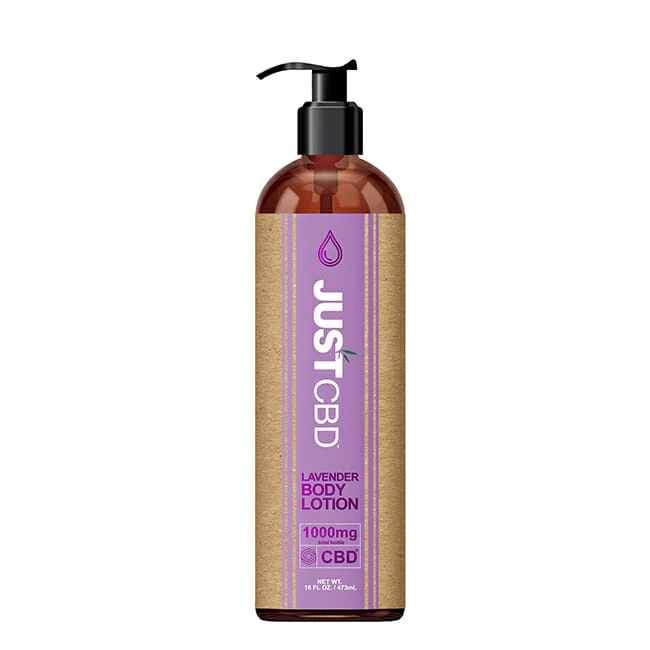
Starting with the CBD Body Lotion, I really enjoyed how hydrating it was. The lotion itself is smooth and absorbs into the skin without leaving any greasy residue, which is a must for me. It gave my skin a lovely, moisturized feeling all day. The only downside is the scent—it’s a bit too subtle for my liking, almost like a faint floral note. I would’ve preferred something a bit more refreshing or neutral. Still, it does the job, and if you’re after something light and gentle, this could be a good pick.
CBD Heat Relief Roll-On Pain Cream
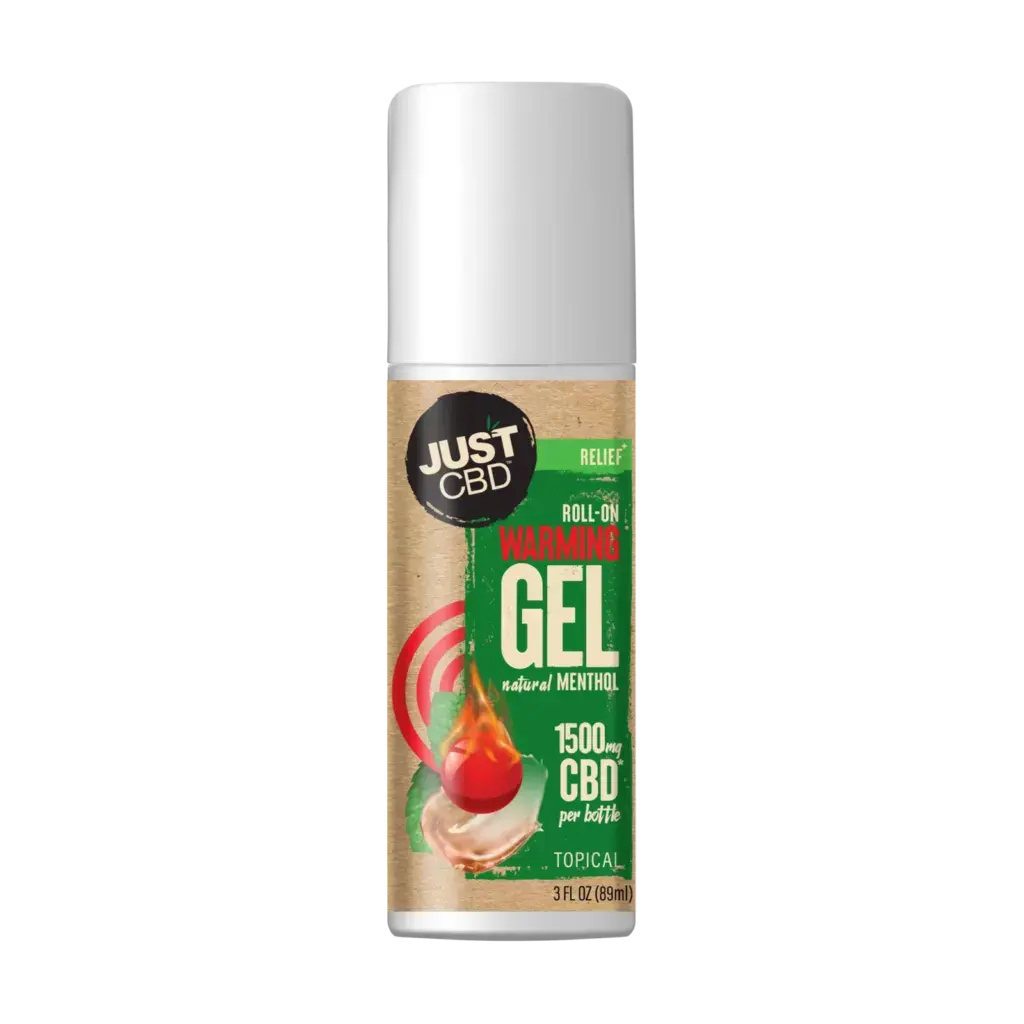
Next up is the CBD Heat Relief Roll-On Pain Cream. This one really impressed me, especially for sore muscles or tension. The roll-on application makes it so easy to use, and the warming effect kicks in almost immediately. I used it after a workout, and it helped relax my muscles while providing a soothing warmth. My only gripe is that it has a bit of a strong menthol scent that lingers, but I find it pretty relaxing overall. If you need relief from muscle aches, this is a solid option.
CBD Infused Relief Cream (Airless Pump)
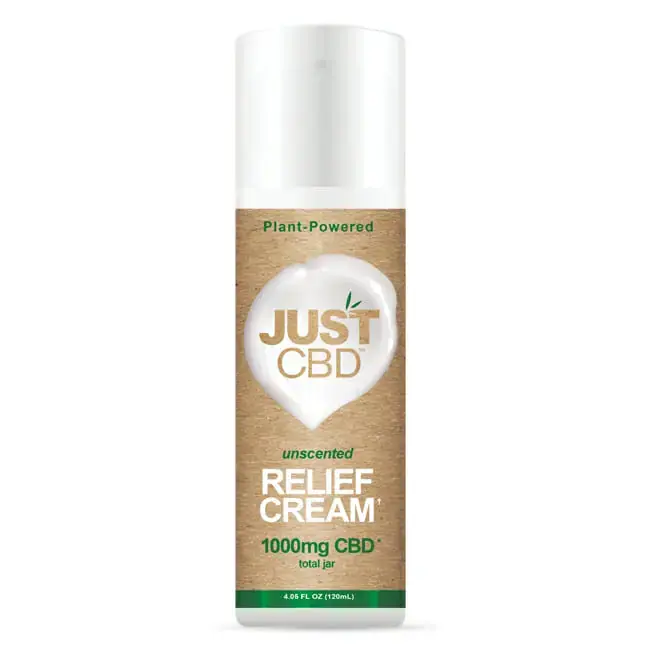
The CBD Infused Relief Cream in the airless pump bottle was probably my favorite of the bunch. The pump design is really convenient and ensures you get just the right amount of product. The cream itself is thick and feels luxurious when applied, and I noticed a noticeable difference in pain relief and inflammation after using it on my wrists, which tend to ache after long hours at my desk. It’s a little heavier than the lotion, but I didn’t mind that. The scent is mild and pleasant. Definitely a top contender!
CBD Relief Cream
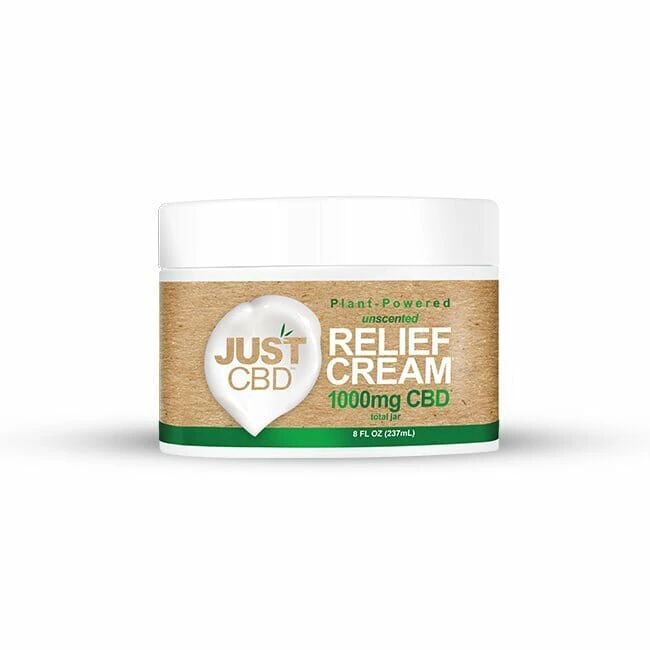
This CBD Relief Cream was okay, but I didn’t find it as effective as the airless pump version. It’s a good all-purpose relief cream, but I didn’t get the same immediate relief or long-lasting effects. The texture is lighter and more absorbent, so it’s better for those who prefer something that sinks into the skin quickly. Still, for deep muscle or joint pain, I think I’d reach for something with a little more oomph.
CBD Roll-On Freeze Cream
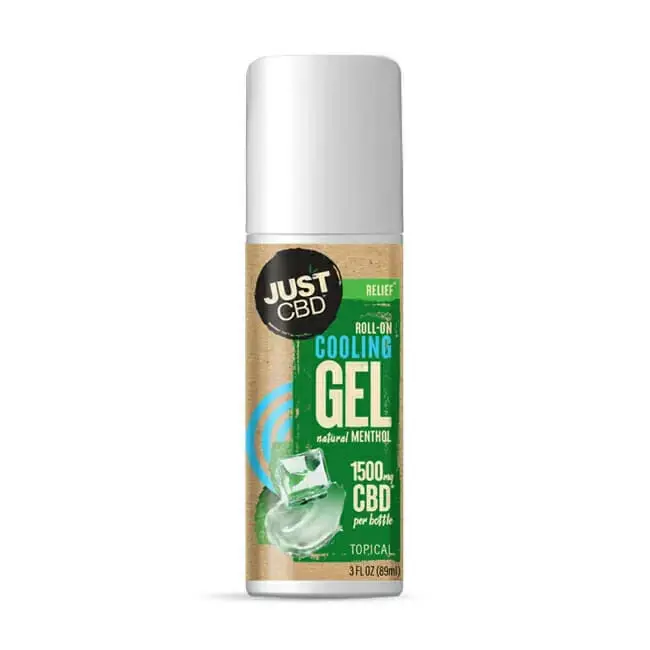
This CBD Roll-On Freeze Cream is like an instant cold pack in a bottle. I was expecting a cooling sensation, and it didn’t disappoint. It’s great for joint pain and feels like it provides some immediate relief with its cooling properties. The roll-on is super convenient for targeting specific spots. However, it does leave a slight stickiness behind, which I didn’t love, but overall, it’s a solid product for on-the-go pain relief.
CBD Massage Oil
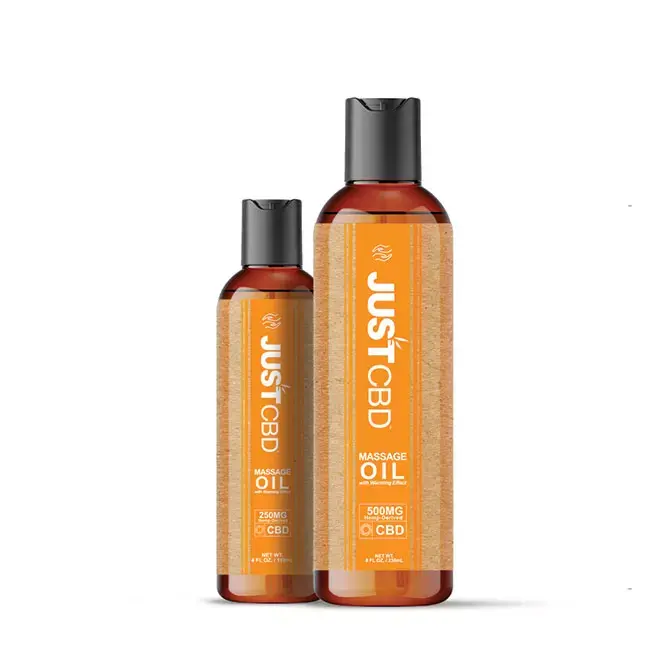
The CBD Massage Oil was a treat for my skin. I’ve used it a few times after a long day, and it has a wonderfully calming effect. The oil is silky smooth, and it’s great for a relaxing massage or even just for hydrating dry areas like elbows or knees. The only issue? It’s a bit greasy, so I wouldn’t use it if you’re planning to get dressed right away. I also found the scent to be quite strong, so it might not be for everyone. Still, if you’re into massages or need deep hydration, this one’s definitely worth a try.
Ultra Relief CBD Gel 1000mg
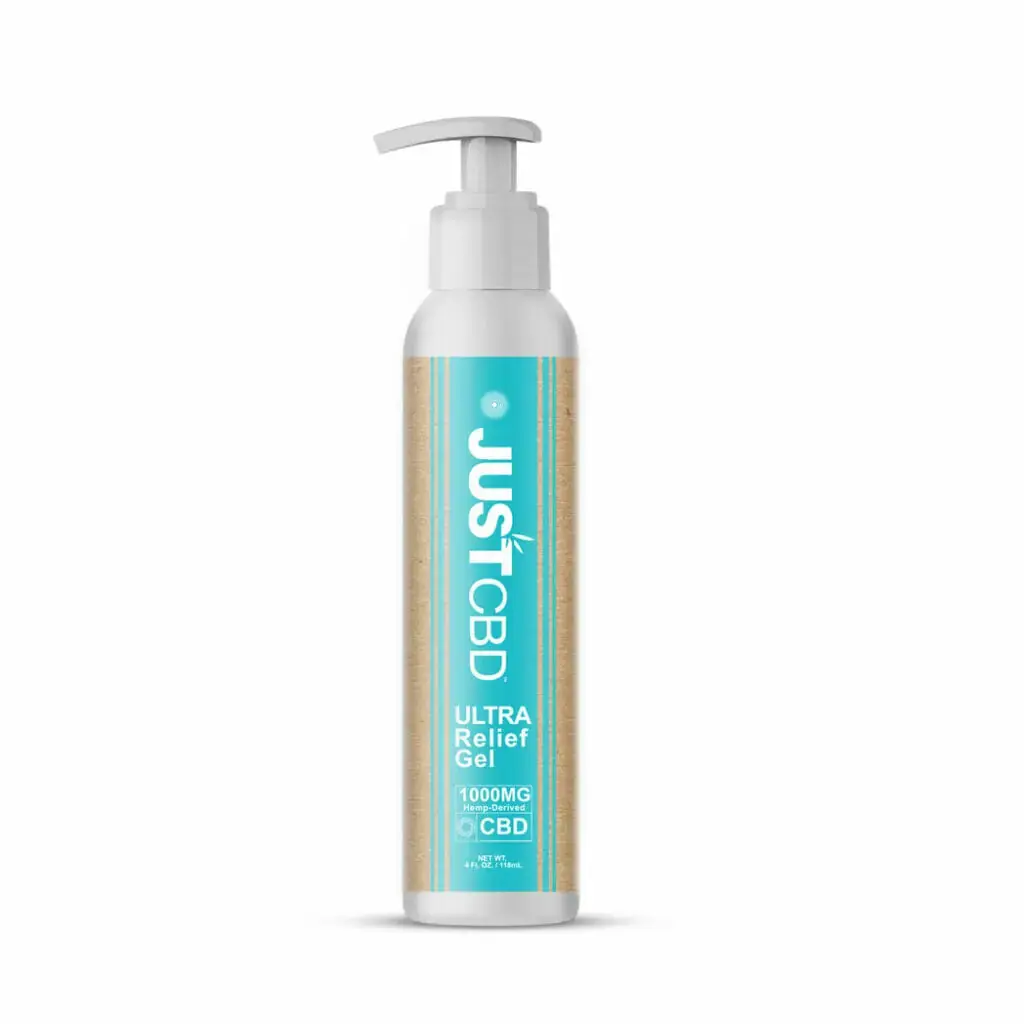
Finally, the Ultra Relief CBD Gel 1000mg is an intense product. This gel packs a punch with its high CBD concentration, and I definitely felt the effects. It’s got a thicker texture, and a little goes a long way. It’s great for serious muscle soreness or joint pain. I didn’t love the strong medicinal scent, but it fades pretty quickly. If you’re looking for something strong and targeted, this gel is a solid option.
Final Thoughts
Overall, I’ve had a positive experience with these CBD topicals from JustCBD UK, though I do have my favorites. If you’re looking for hydration and a gentle lotion, the CBD Body Lotion is a great pick. For muscle and joint pain, I highly recommend the Heat Relief Roll-On or Ultra Relief CBD Gel for their potency. The CBD Infused Relief Cream in the airless pump is a close second for a more luxurious, everyday relief option.
Are CBD Topicals Legal in Your State?
CBD topicals are generally legal in most states in the U.S., provided they contain less than 0.3% THC, in accordance with the 2018 Farm Bill. However, laws can vary by state, so it’s important to check your specific state regulations to ensure compliance.
How Do CBD Gummies Work in the Body?
CBD gummies work by interacting with the body’s endocannabinoid system, which helps regulate various bodily functions such as sleep, mood, and pain. The CBD in the gummies binds to receptors in this system, potentially providing relief from conditions like anxiety and pain.
Can CBD Help with Anxiety?
CBD has been reported by some users to help reduce anxiety by promoting relaxation and a sense of calm. While scientific research is ongoing, preliminary studies suggest that CBD may have anxiolytic (anti-anxiety) effects, particularly in lower doses.
What’s the Difference Between CBD and THC?
CBD (cannabidiol) and THC (tetrahydrocannabinol) are both cannabinoids found in cannabis plants, but they have different effects. THC is psychoactive and causes a “high,” while CBD is non-psychoactive and is often used for its potential health benefits without altering the user’s mental state.
Are CBD Products Safe for Pets?
CBD products for pets are generally considered safe, but it’s crucial to use products specifically formulated for animals. Always consult your veterinarian before giving your pet CBD, especially if your pet is on other medications.
Can You Overdose on CBD?
CBD is considered safe with low toxicity, and there is no known lethal dose. However, taking high doses of CBD may lead to side effects such as dizziness, dry mouth, or changes in appetite. It’s recommended to start with a small dose and gradually increase if necessary.
How Long Does CBD Stay in Your System?
CBD can stay in your system for anywhere from 2 to 5 days, depending on factors like your metabolism, the dosage taken, and how often you use it. However, CBD may remain detectable in urine for up to 30 days in chronic users.
What’s the Best Way to Take CBD?
The best way to take CBD depends on personal preference and the desired effect. CBD oils and tinctures are fast-acting, while gummies provide a slower release. Topicals are great for localized relief, and capsules are convenient for those who want a consistent dose.
Is CBD Legal in All 50 States?
CBD is legal in most U.S. states when derived from hemp and containing less than 0.3% THC. However, some states have stricter regulations, particularly concerning CBD products that contain THC. It’s important to research local laws before purchasing or using CBD.
Can CBD Help with Sleep Issues?
Many users report that CBD helps improve sleep quality by promoting relaxation and reducing anxiety. Research on its effectiveness for sleep is still ongoing, but preliminary findings suggest that CBD may help users fall asleep faster and stay asleep longer.
- North Dakota’s Top THC Infused Drink Finds - May 31, 2025
- THC Infused Drink Picks in West Virginia - May 31, 2025
- Kyren Wilson ready to follow Ronnie O’Sullivan’s lead in bid to regain World Snooker Championship crown - May 21, 2025
